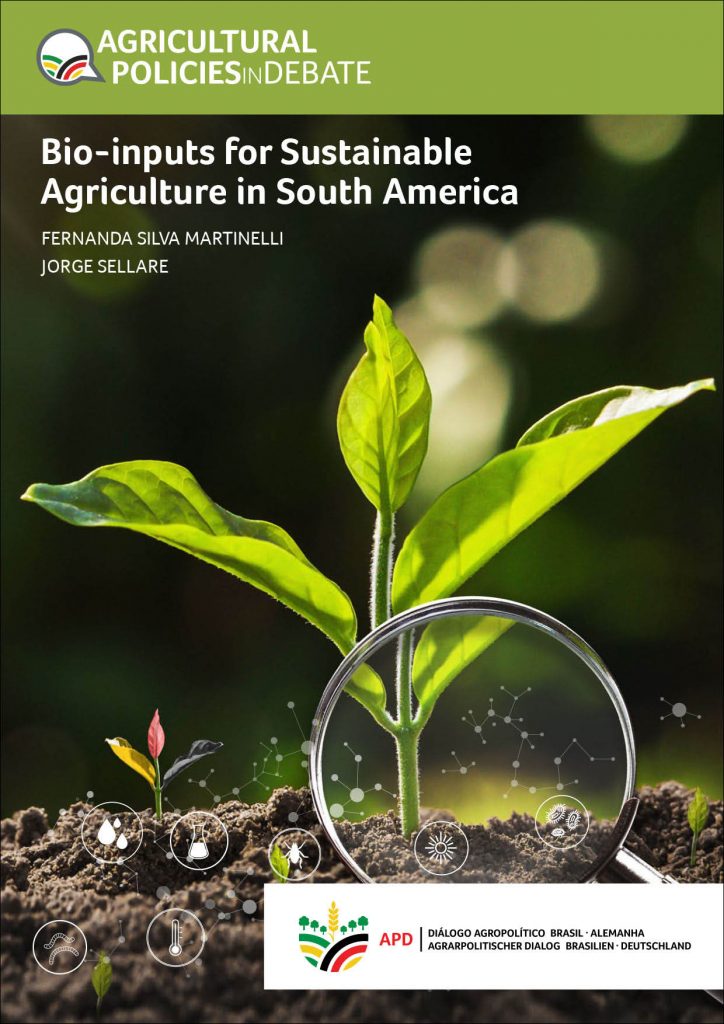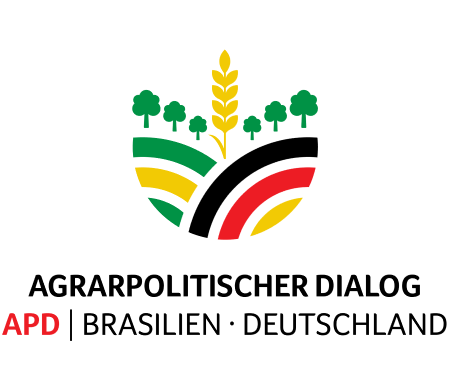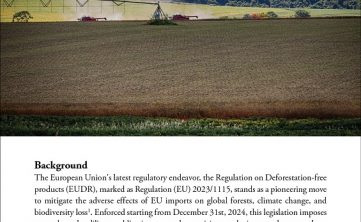Bio-inputs for Sustainable Agriculture in South America
 Bio-inputs for agricultural production, such as those based on microbiome or microorganism, are often portrayed as promising technologies to reduce our reliance on fossil-based inputs and increase productivity while contributing to environmental sustainability (e.g. increased soil carbon sequestration, soil restoration, and reduced methane emissions from ruminants).
Bio-inputs for agricultural production, such as those based on microbiome or microorganism, are often portrayed as promising technologies to reduce our reliance on fossil-based inputs and increase productivity while contributing to environmental sustainability (e.g. increased soil carbon sequestration, soil restoration, and reduced methane emissions from ruminants).
Although bio-based inputs are usually featured in the debates about sustainable agriculture, adoption remains low, as farmers perceive them as short-lived and with a slower response velocity, when compared to their synthetic counterparts. This article, discuss how Argentina, Brazil, and Uruguay have been fostering a technological and sustainable transition towards increased use of bio-inputs.
It concludes that there is still a need to develop regulatory frameworks to facilitate the development and commercialization of new inputs, extension agents need to receive specialized training on managing agricultural systems that use bio-inputs, and there is a lack on scientific evidence in „real-life“ settings on the socioeconomic effects of bio-inputs.
Autoren

Fernanda Silva Martinelli






